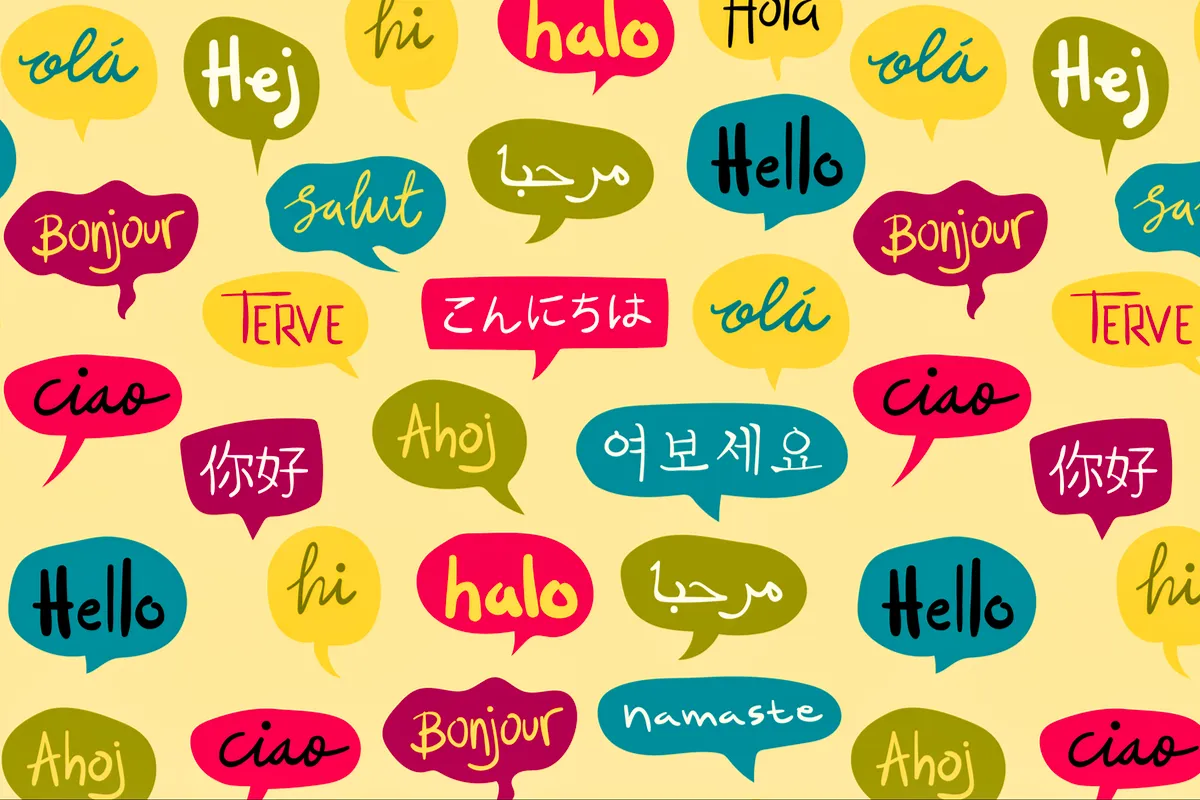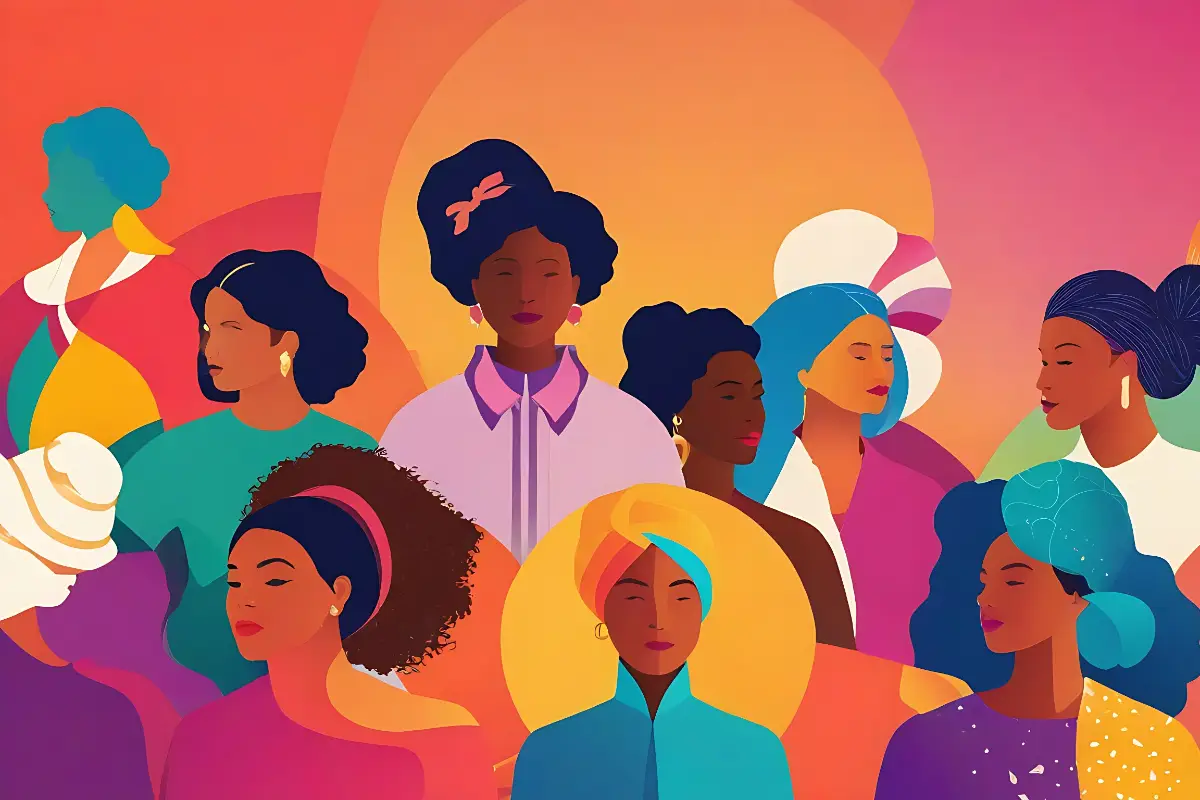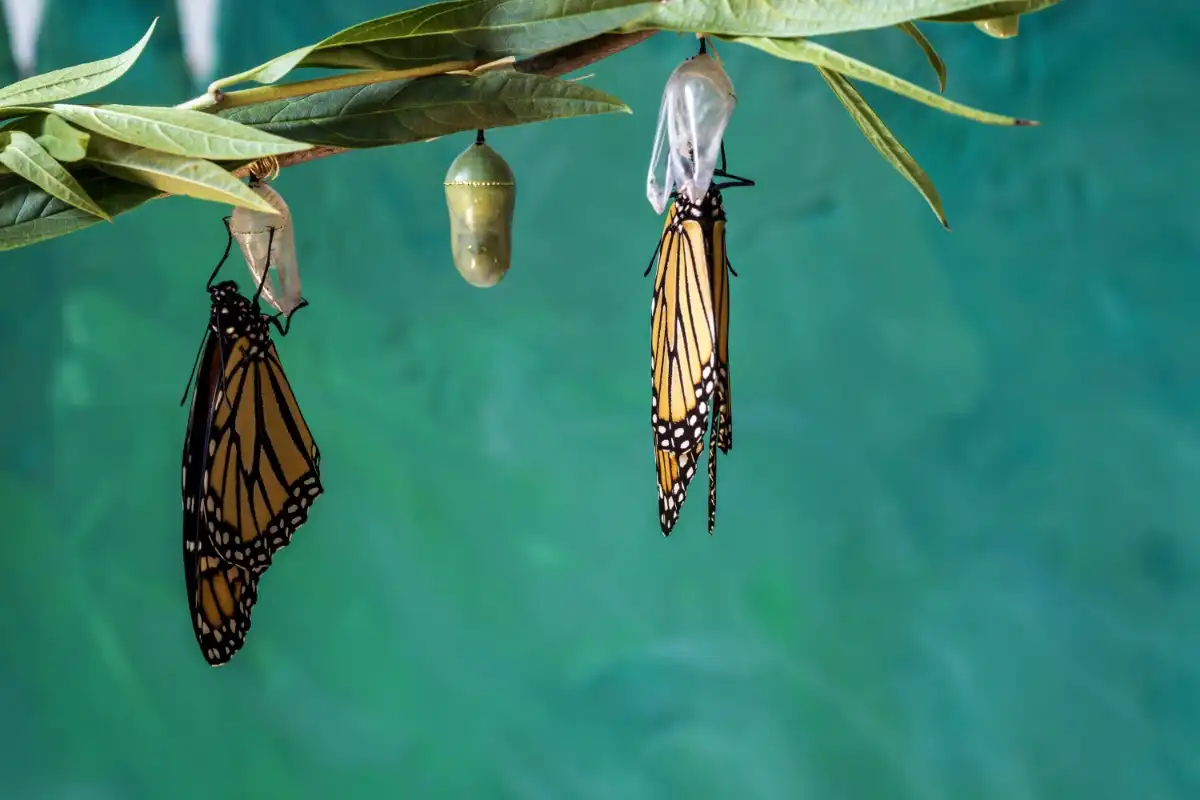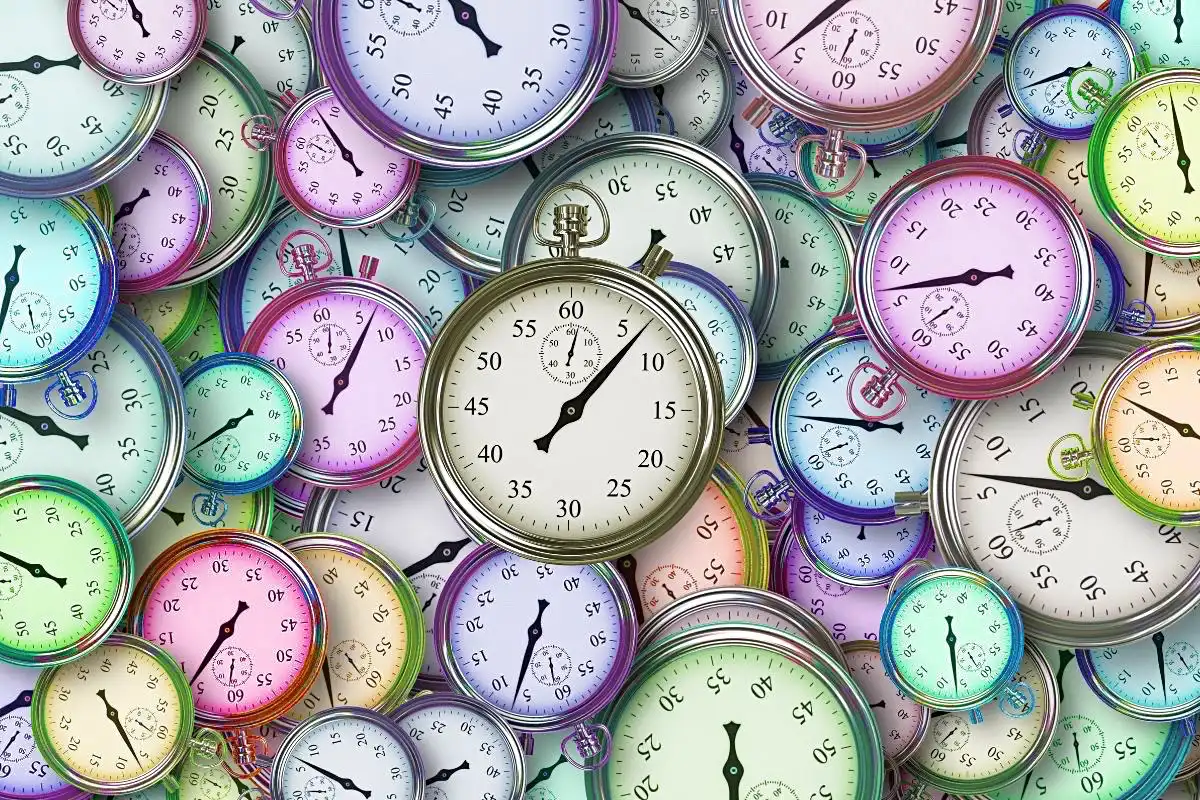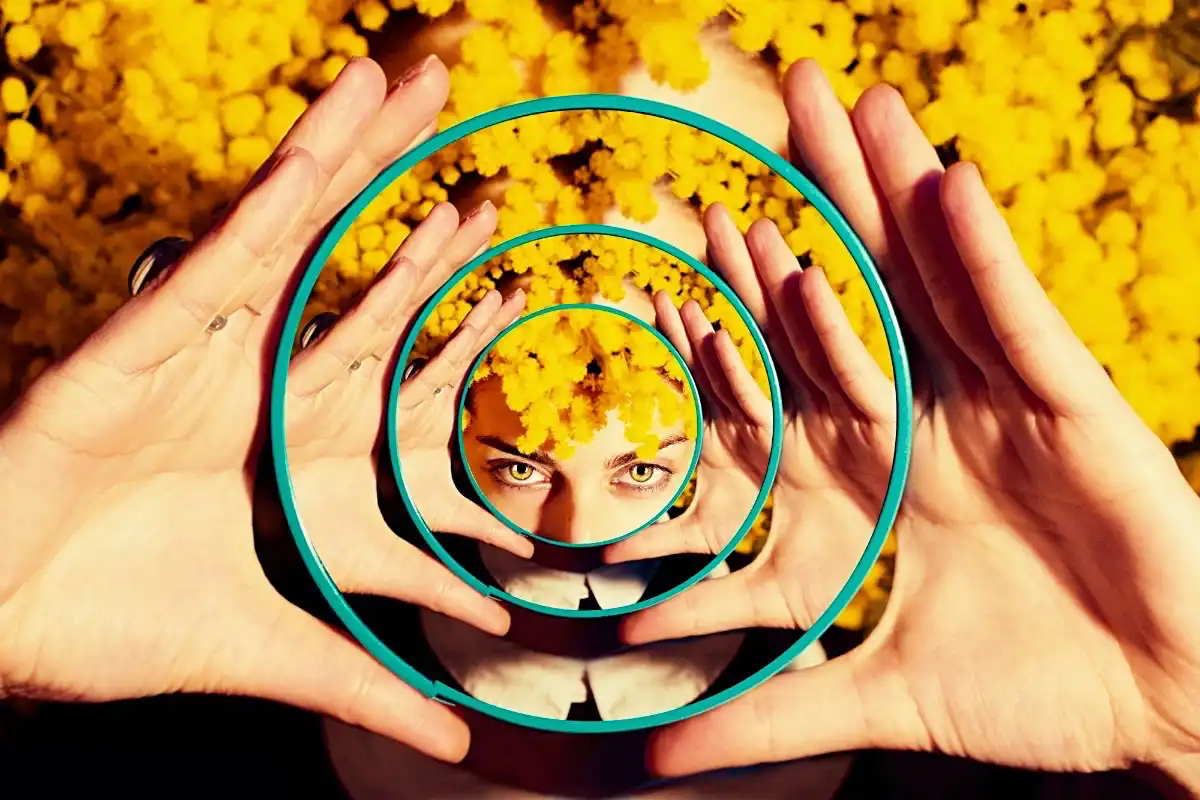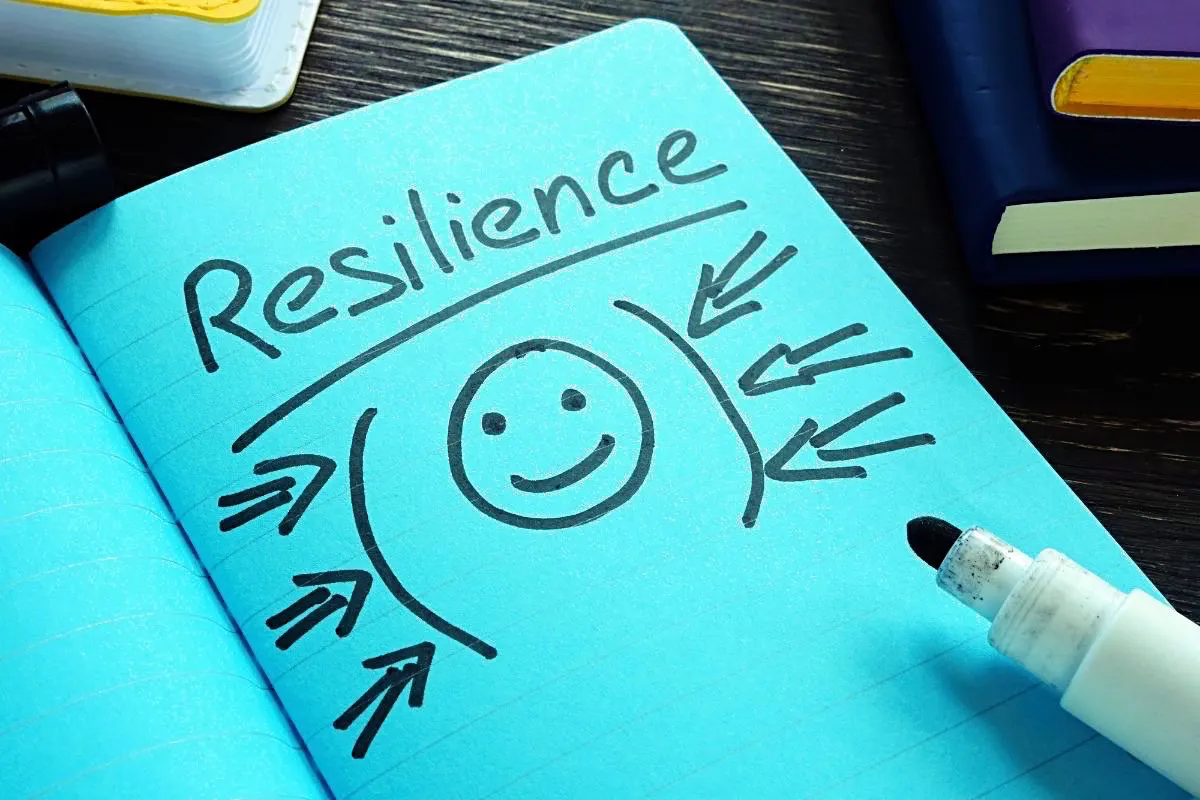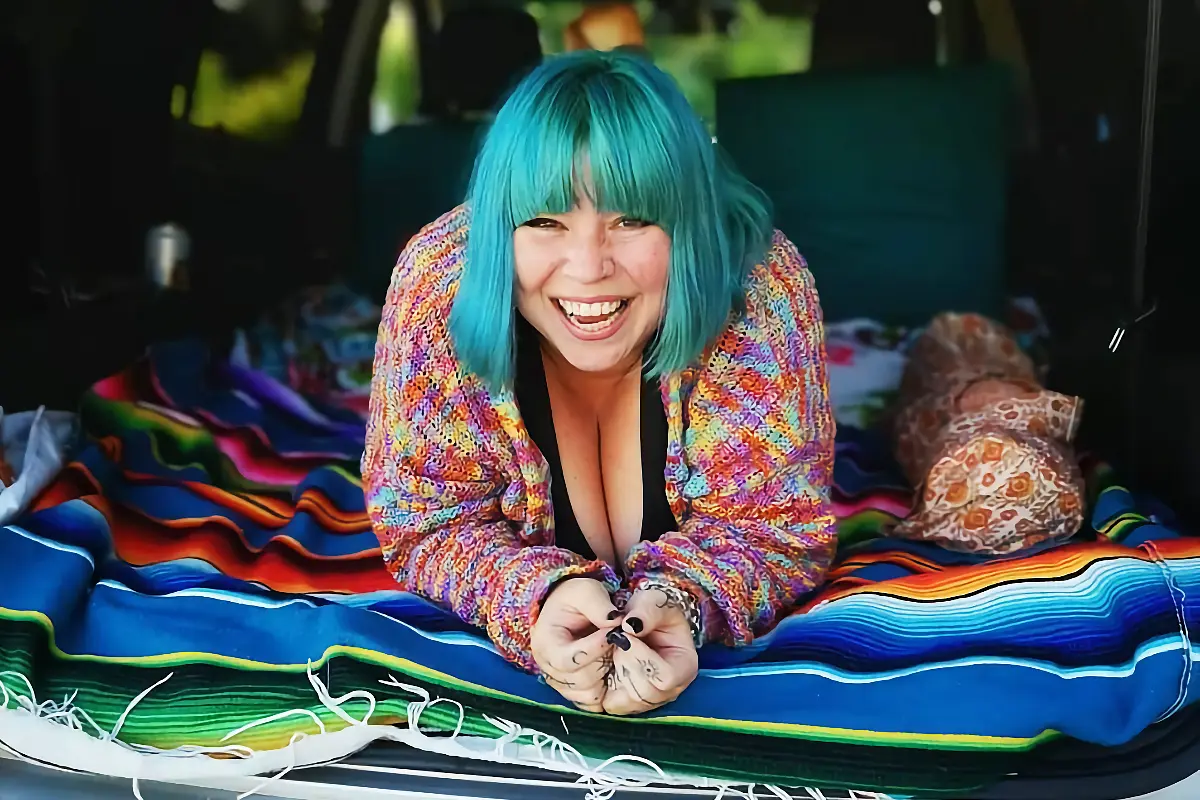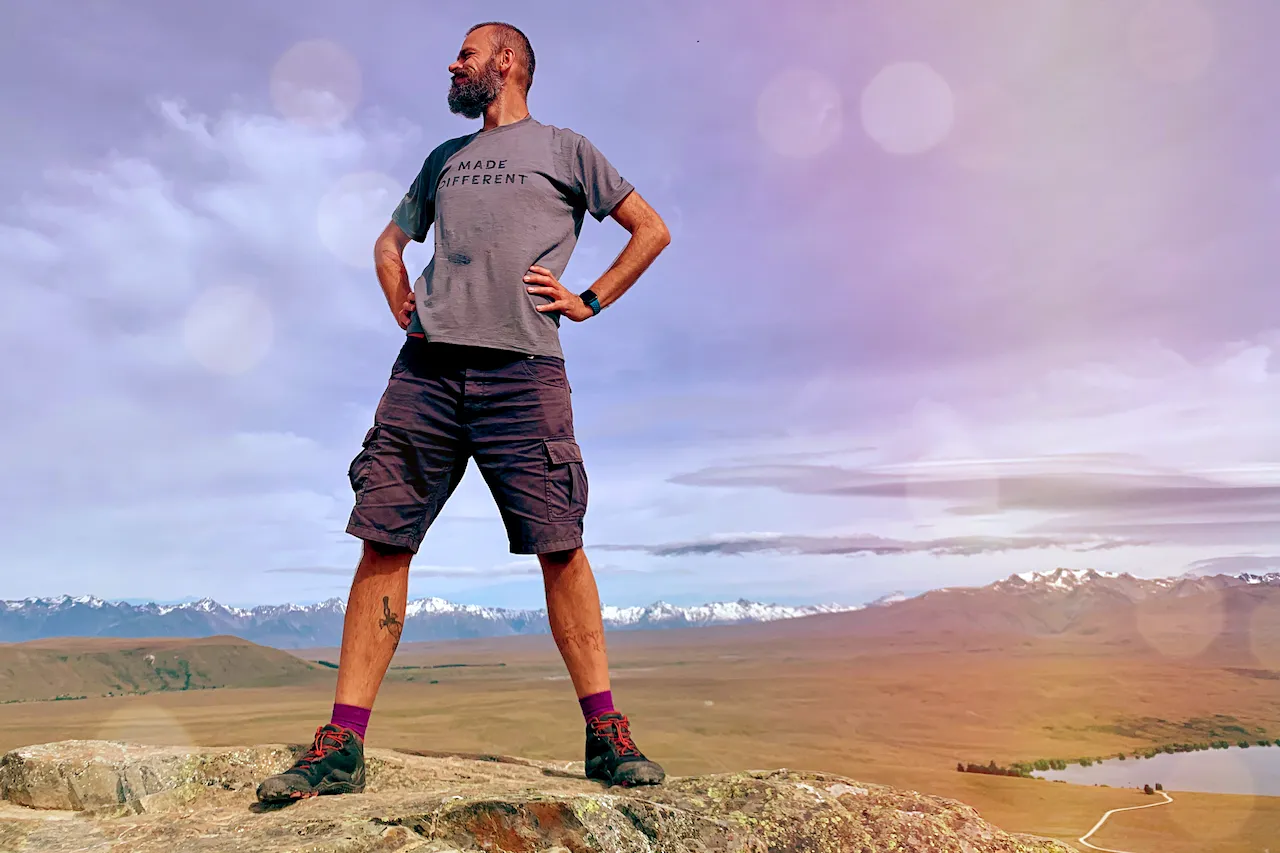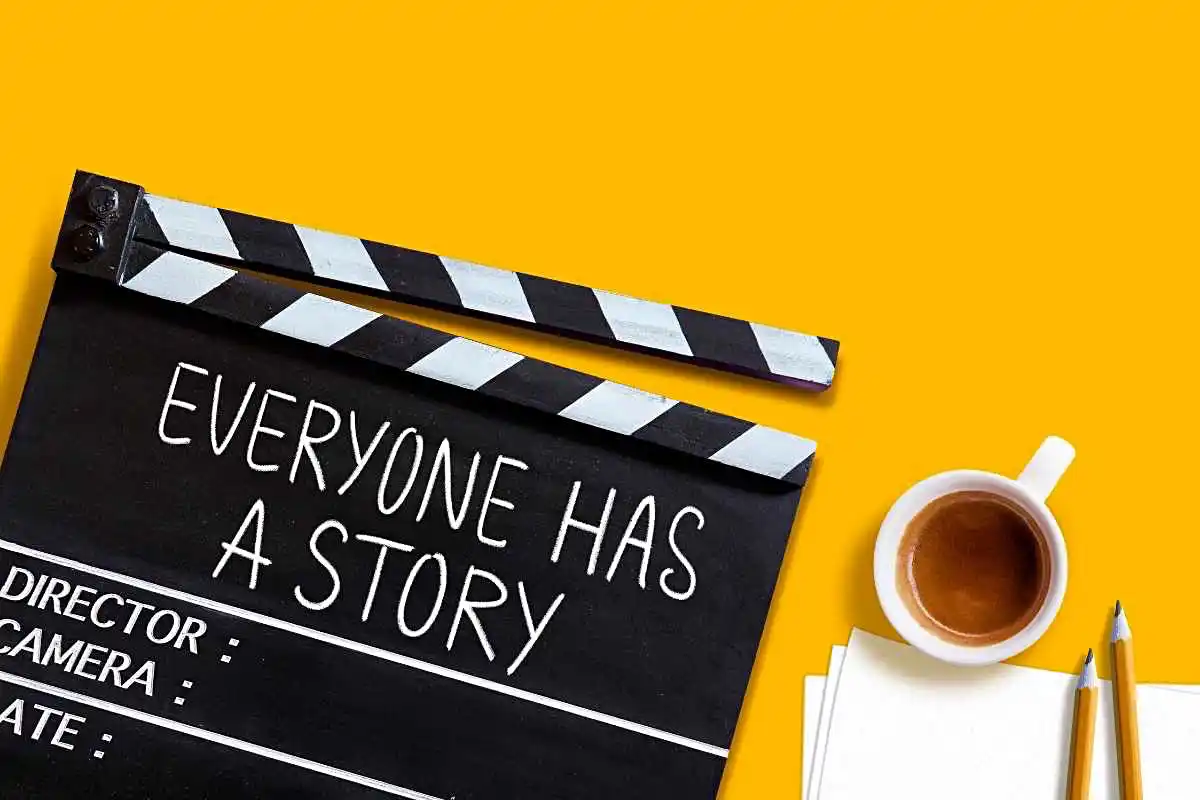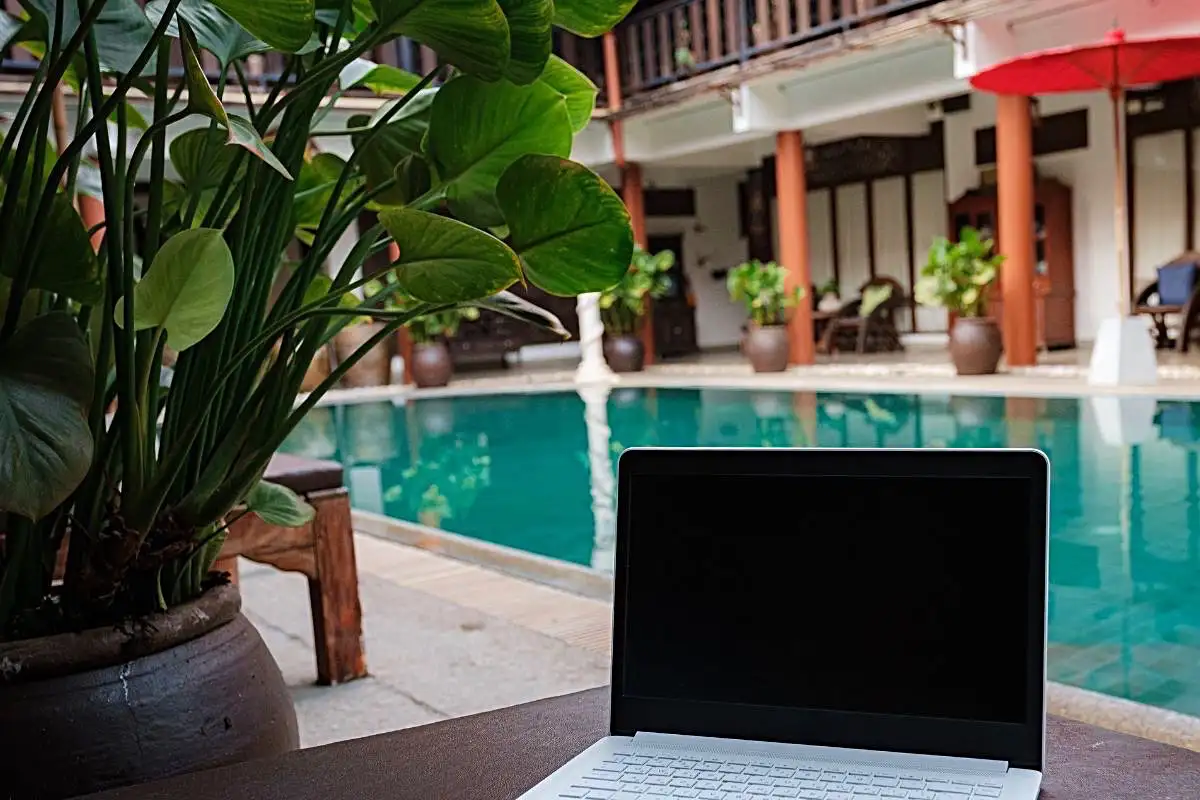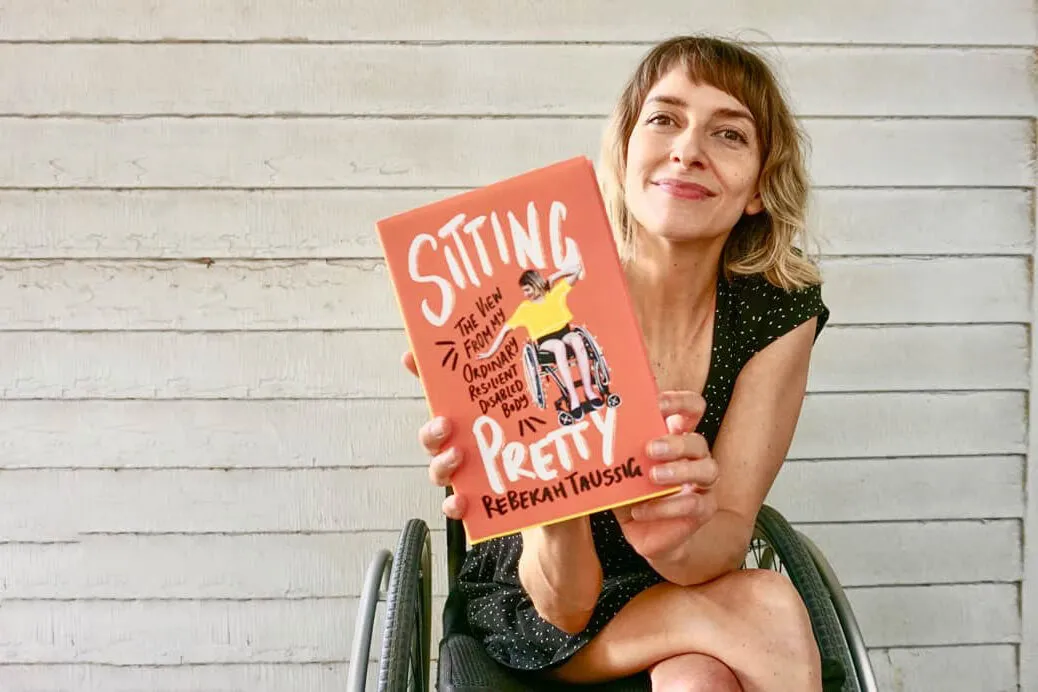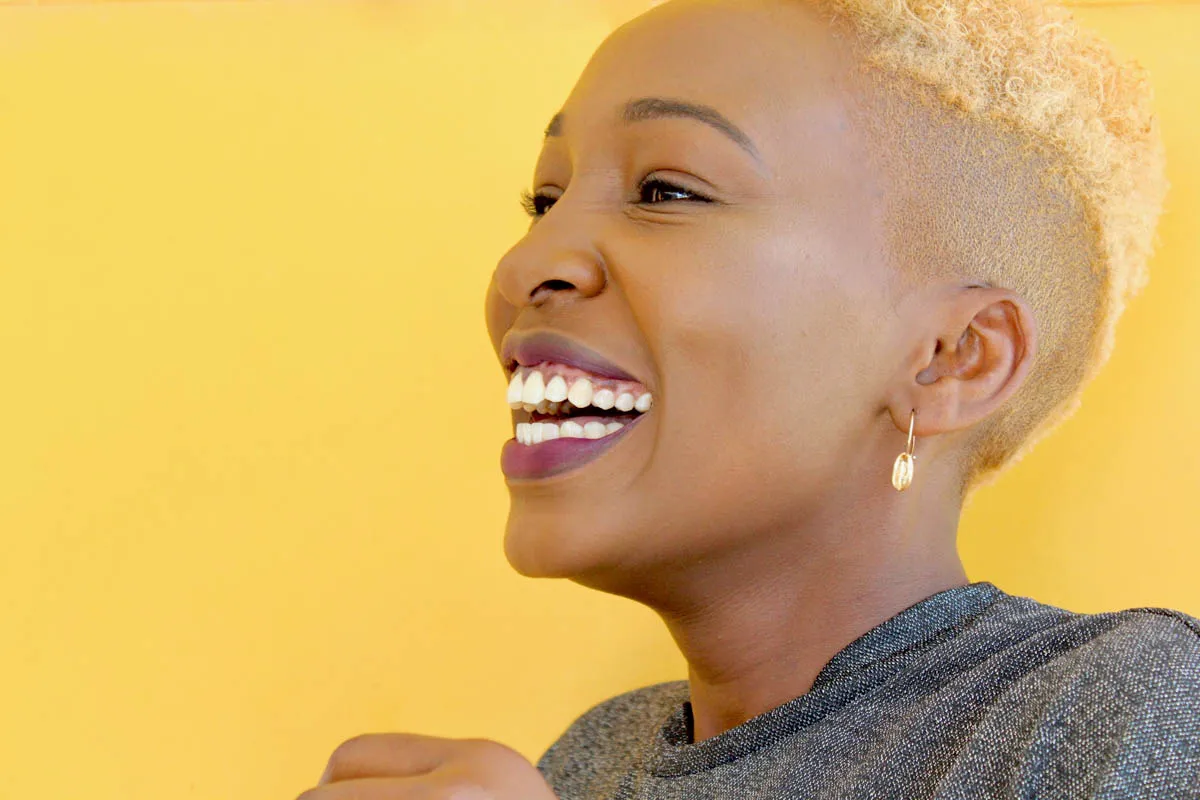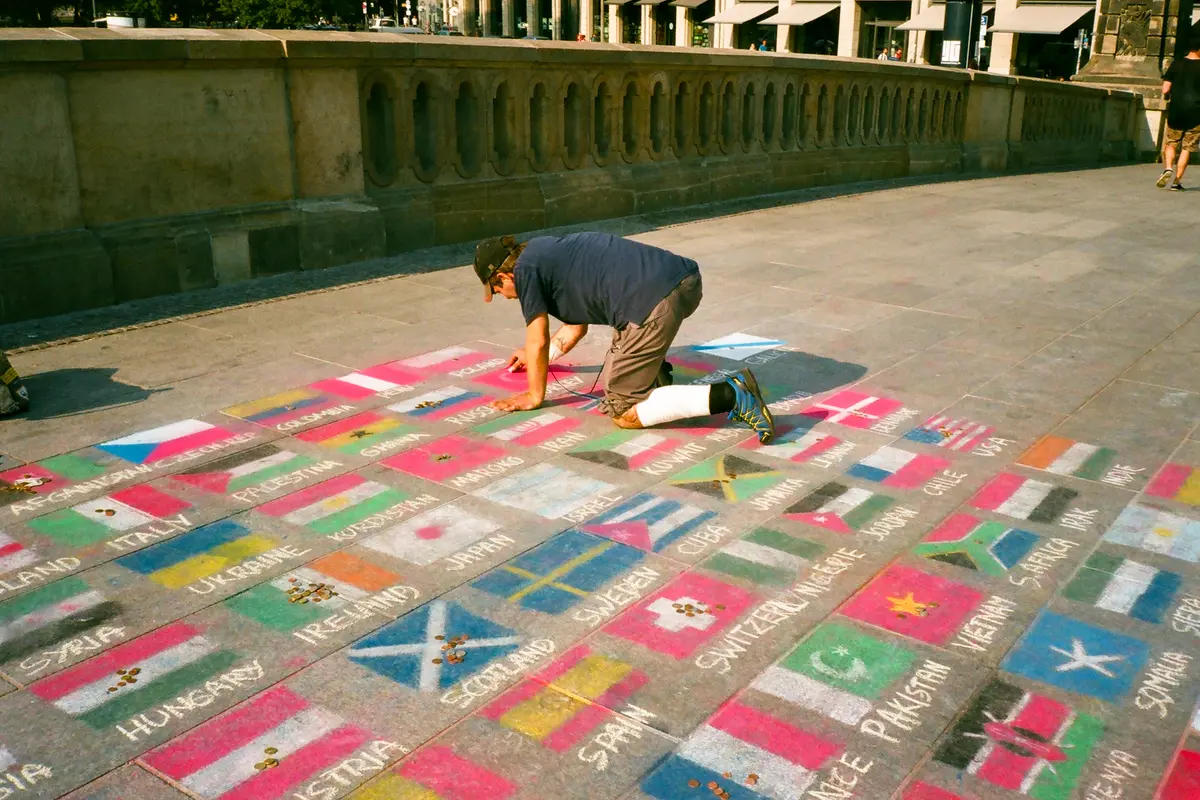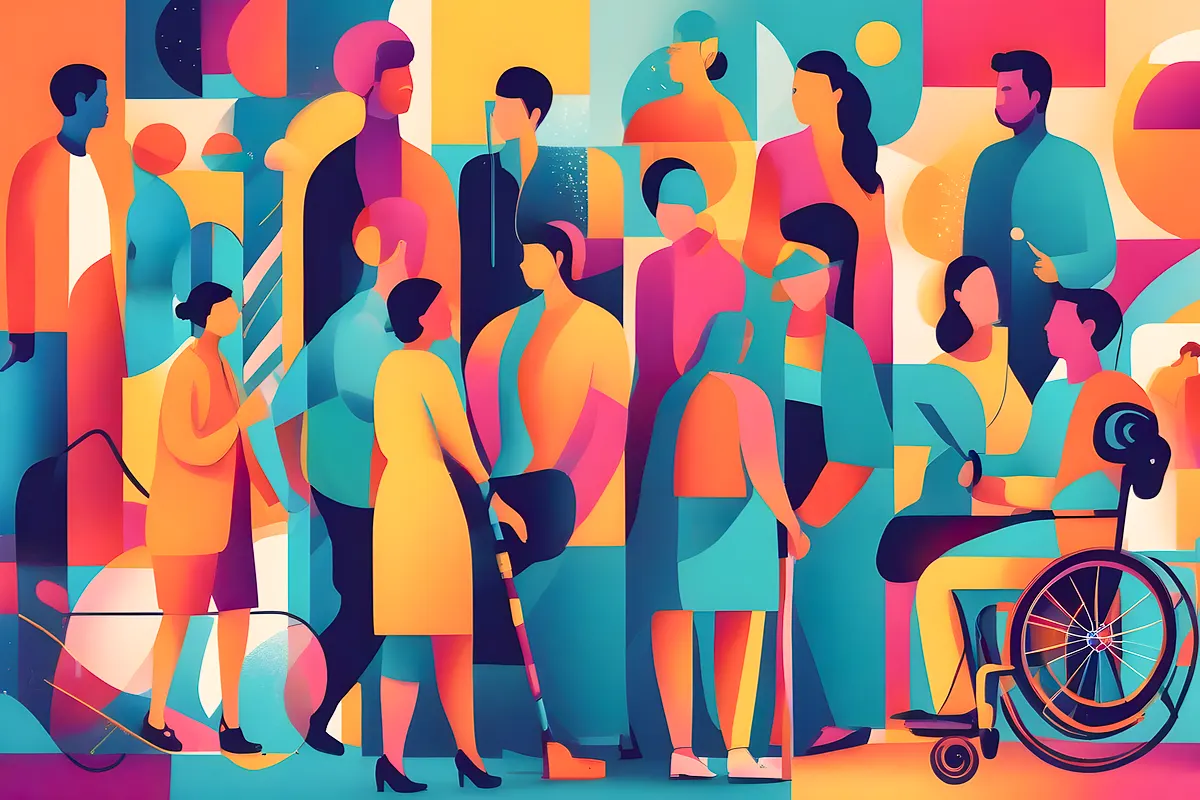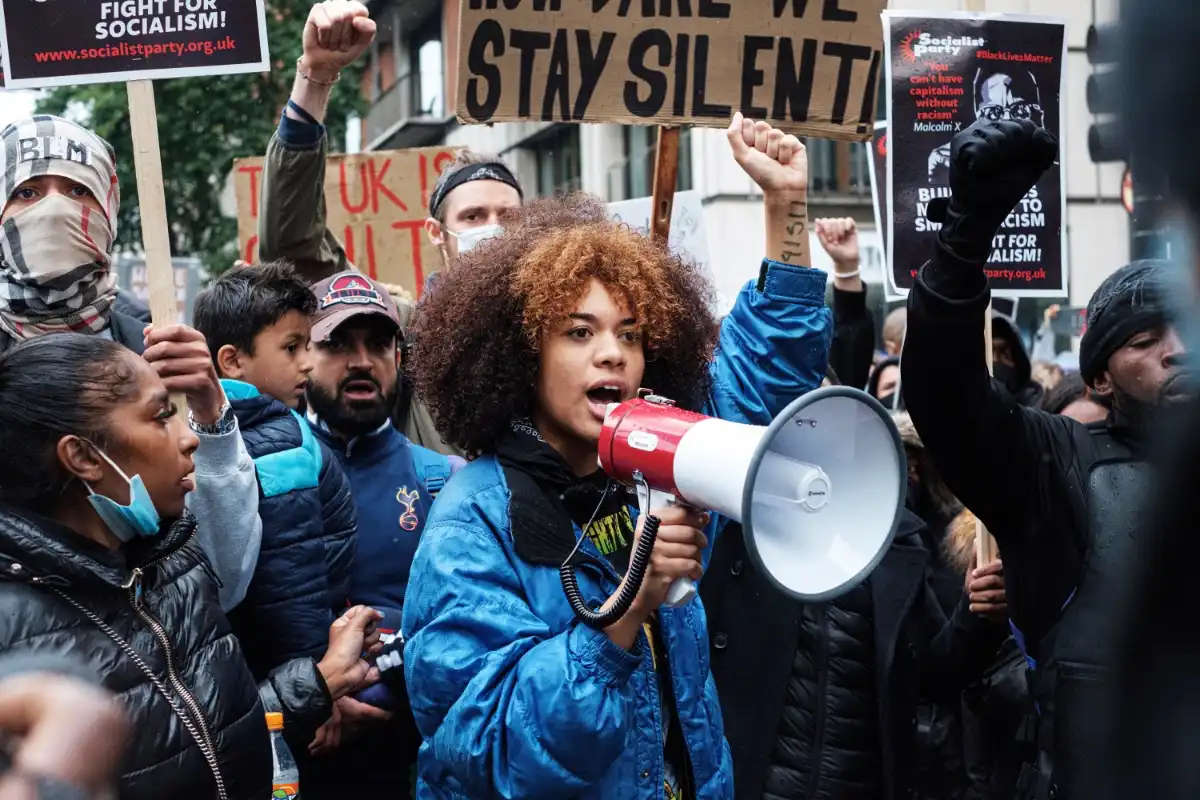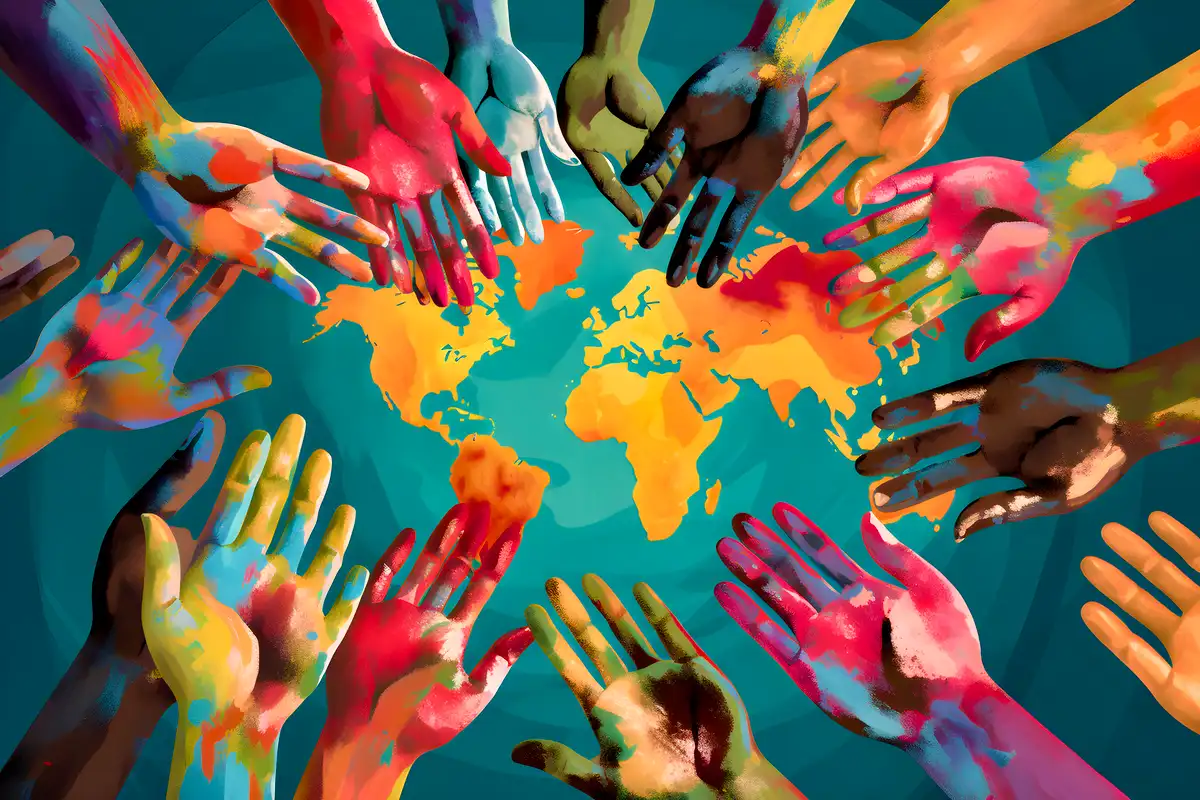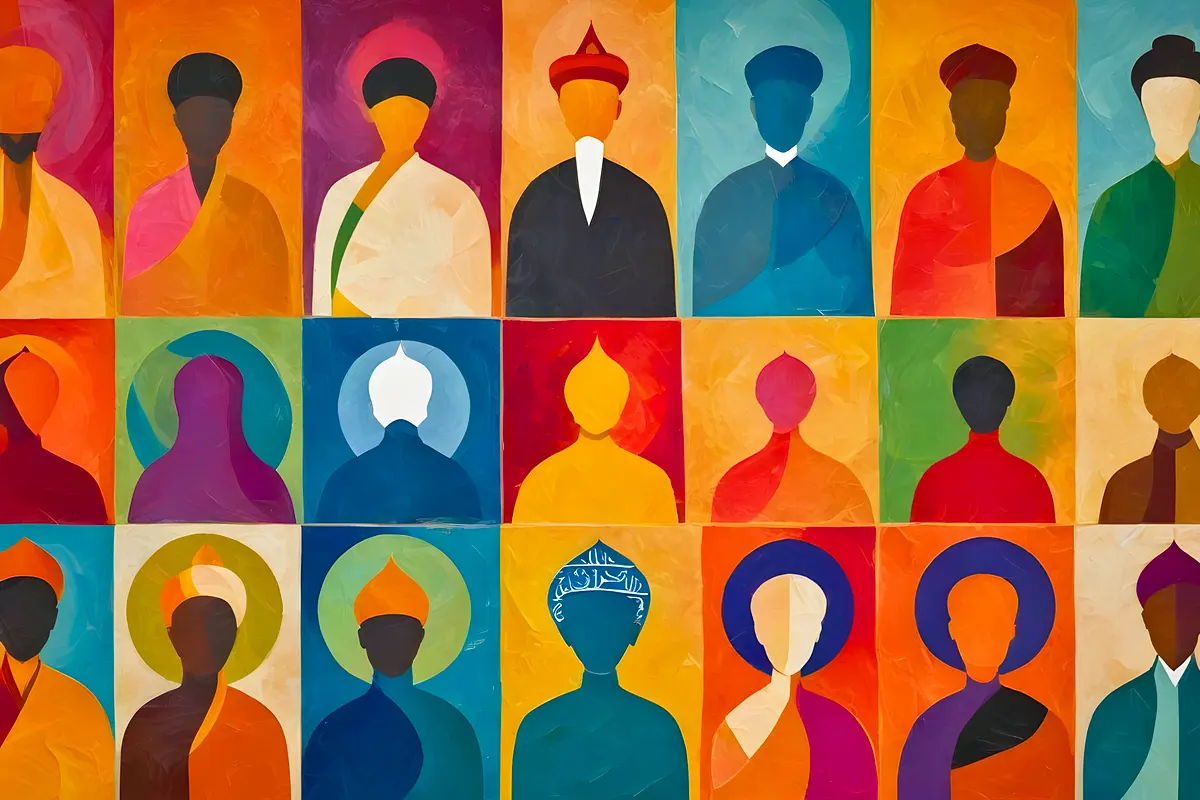Wired a Little Differently

I was recently diagnosed with autism
It’s something I’d quietly wondered about for years, but only recently decided to explore more deeply.
What pushed me to share it publicly is the hope that it might challenge some of the outdated ideas about autism and neurodivergence, especially in the workplace.
Neurodivergent people have always shaped the world in quiet, powerful ways.
Many of the most important breakthroughs in science, art, engineering, and technology have come from minds that didn’t follow the expected path. Silicon Valley was built, in large part, by people who were likely neurodivergent – people with intense focus, systems thinking, pattern recognition, and the ability to see possibilities others missed. Often, that innovation came not just from talent, but from necessity – the need to build new ways to connect in a world that wasn’t built for them.
But despite the value we bring, many of us are still navigating workplaces that don’t quite fit.
Environments that reward fast talkers over deep thinkers. Social ease over clarity. Loudness over thoughtfulness. Sameness over difference.

When the environment doesn’t fit
I know this firsthand, not just from work, but from years of trying to fit into spaces that weren’t built for me. Growing up, I was the quiet, ‘weird’ kid, often the target of bullying. I tried hard to fit in. I forced myself into social situations, went to parties I hated, hoping it would help. It didn’t.
Things began to shift when I met a close friend who accepted me for who I was. Through him, I found a group where I could just be myself – quirks included. Some of my favourite memories come from those late nights playing video games, eating junk food, and laughing until we couldn’t breathe.
It helped me realise something important: the problem wasn’t me. It was the expectations and social rules we’re told to follow, even when they don’t make sense for everyone.

Thriving in the right environment
Later, when I moved to Europe to study audio engineering, I realised something else: I actually loved learning. Not all learning but learning that sparked my interest, in a space that offered flexibility and encouraged creativity. After doing just enough to scrape by at school and uni, this time I finished top of my class. Not because I’d changed, but because the environment finally fit the way I think.
And that’s something I wish more workplaces understood: when the environment fits, neurodivergent people don’t just survive – we thrive.
Take my time working at an Apple Store, for example. It might sound like a strange fit for someone autistic and introverted – loud, fast-paced, full of small talk – but I was given the space to take my time, which helped me find different ways to connect. That made all the difference. Within a few months, I was one of the top salespeople. Why? Because I listened. I connected. I gained people’s trust and helped them find what they actually needed.
One of the big myths I’d love to bust is that autistic people lack empathy.
In reality, many of us experience deep empathy, it just might not look the same from the outside.
Of course, there were challenges too. I now realise that part of how I made it work was through masking. I’d put on my “work hat,” play the part, and get through the shift. But by the end of the day, I was often drained and exhausted.
Eventually, I moved into training, which led me to the work I do now. Standing in front of a room wasn’t always easy. But I leaned into what I’m good at: creating safe spaces, listening deeply, inviting reflection, and making it about the group, not about me. (Which, honestly, is where many trainers go wrong!)

Structure, autonomy, and wellbeing
Freelancing isn’t always easy, especially when it comes to uncertainty. I’ve realised that my need for structure is closely tied to my autism. I like knowing what’s ahead. But I also value autonomy: the freedom to walk my dogs, take breaks when I need them, and manage my energy in ways that work for me. That flexibility isn’t just helpful, it’s essential.
And that’s the kind of design we need more of. Not one-size-fits-all ways of working, but environments where everyone can do their best work.
Too often, neurodivergent people are boxed into narrow roles. We’re seen as analysts or technicians – brilliant at systems, but not people. But that’s not the full picture. We’re also coaches, creatives, facilitators, leaders. We bring fresh thinking, deep knowledge, and a different kind of care.

A shift in perspective
I used to think I had to change who I was to succeed. Now I know I just needed to understand myself better.
There’s nothing wrong with me. I’m not broken. I’m just wired a little differently.
And now, I finally have the words to explain why.
This diagnosis gave me a new lens, not just to understand myself and show myself more compassion, but also to pause before judging others. It’s a reminder that we all move through the world differently – and often quietly.
My hope is that by sharing this, someone else feels seen. Or that someone looks at a colleague a little differently. Because we’re all carrying things the world doesn’t always see.
Let’s keep the conversation going
If any of this resonates, I’d love to hear your story, whether you’re neurodivergent too, or working to create more inclusive, human workplaces. At HappyMind we run a training workshop called Embracing Neurodiversity to help teams understand, support, and celebrate different ways of thinking. If you’d like to find out more, please get in touch.






































